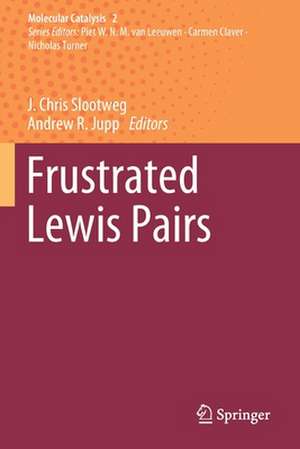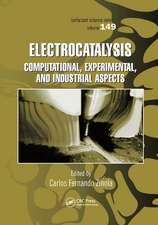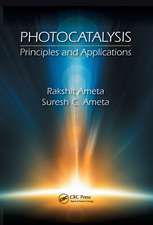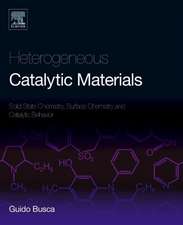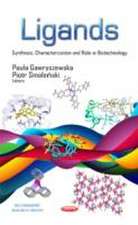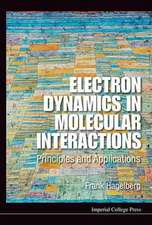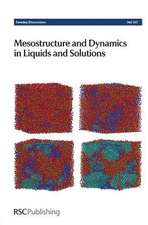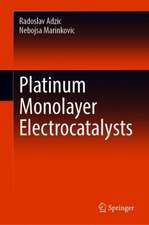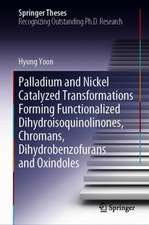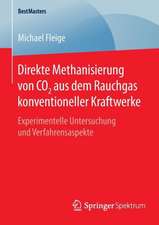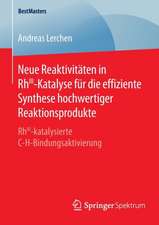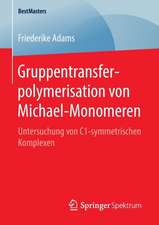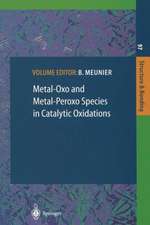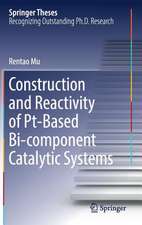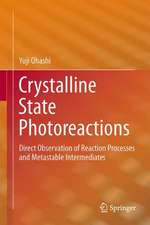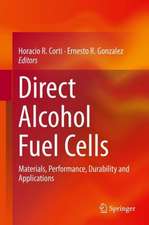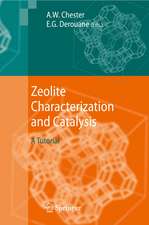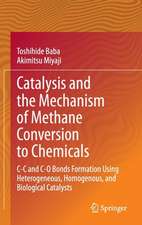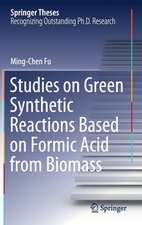Frustrated Lewis Pairs: Molecular Catalysis, cartea 2
Editat de J. Chris Slootweg, Andrew R. Juppen Limba Engleză Paperback – 23 noi 2021
| Toate formatele și edițiile | Preț | Express |
|---|---|---|
| Paperback (1) | 786.84 lei 3-5 săpt. | |
| Springer International Publishing – 23 noi 2021 | 786.84 lei 3-5 săpt. | |
| Hardback (1) | 901.88 lei 6-8 săpt. | |
| Springer International Publishing – 23 noi 2020 | 901.88 lei 6-8 săpt. |
Preț: 786.84 lei
Preț vechi: 959.56 lei
-18% Nou
Puncte Express: 1180
Preț estimativ în valută:
150.56€ • 157.62$ • 124.58£
150.56€ • 157.62$ • 124.58£
Carte disponibilă
Livrare economică 15-29 martie
Preluare comenzi: 021 569.72.76
Specificații
ISBN-13: 9783030588908
ISBN-10: 3030588904
Pagini: 404
Ilustrații: VIII, 404 p. 343 illus., 179 illus. in color.
Dimensiuni: 155 x 235 mm
Greutate: 0.58 kg
Ediția:1st ed. 2021
Editura: Springer International Publishing
Colecția Springer
Seria Molecular Catalysis
Locul publicării:Cham, Switzerland
ISBN-10: 3030588904
Pagini: 404
Ilustrații: VIII, 404 p. 343 illus., 179 illus. in color.
Dimensiuni: 155 x 235 mm
Greutate: 0.58 kg
Ediția:1st ed. 2021
Editura: Springer International Publishing
Colecția Springer
Seria Molecular Catalysis
Locul publicării:Cham, Switzerland
Cuprins
Frustrated Lewis Pair Catalysis.- Frustrated Lewis Pairs in Asymmetric Catalysis.- New Developments in Small Molecule Activation.- Metal-free C-H Activation.- Computational Insights in Frustrated Lewis Pair Chemistry.- Boranes with Reduced Lewis Acidity.- Heterogeneous Frustrated Lewis Pair Chemistry.- Frustrated Lewis Pairs in Polymer Synthesis.- Transition Metals in Frustrated Lewis Pairs.- Radical Frustrated Lewis Pair Chemistry.- Frustrated Lewis Pairs as a Pedagogical Tool.
Notă biografică
Chris Slootweg was born in Haarlem (The Netherlands) in 1978 and received his undergraduate education from Vrije Universiteit Amsterdam in 2001. After earning his Ph.D. in 2005 under the supervision of Prof. Koop Lammertsma, he pursued postdoctoral studies at the ETH Zürich with Peter Chen. In 2006, he returned to VU to initiate his independent career. He was promoted to Associate Professor in 2014 and moved to the University of Amsterdam in 2016. The mission of his laboratory is to educate students at the intersection of fundamental physical organic chemistry, main group chemistry and circular chemistry.
Andrew Jupp studied chemistry at the University of Oxford (UK) where he obtained his PhD in 2016 under the supervision of Prof. Jose Goicoechea for a study on phosphorus-containing analogues of the cyanate anion and urea. He was awarded the Reaxys PhD Prize in 2015. He subsequently carried out a Banting Postdoctoral Fellowship at the University of Toronto (Canada) under the guidance of Prof. Doug Stephan, to research the properties and reactivity of frustrated Lewis pairs and main-group Lewis acids. In 2018, he became a NWO VENI laureate, working under the mentorship of Prof. Chris Slootweg at the University of Amsterdam (The Netherlands) on the formation and reactivity of radicals in main-group systems. In 2020, he launched his independent career at the University of Birmingham (UK) working on the sustainable synthesis of nitrogen-containing compounds.
Andrew Jupp studied chemistry at the University of Oxford (UK) where he obtained his PhD in 2016 under the supervision of Prof. Jose Goicoechea for a study on phosphorus-containing analogues of the cyanate anion and urea. He was awarded the Reaxys PhD Prize in 2015. He subsequently carried out a Banting Postdoctoral Fellowship at the University of Toronto (Canada) under the guidance of Prof. Doug Stephan, to research the properties and reactivity of frustrated Lewis pairs and main-group Lewis acids. In 2018, he became a NWO VENI laureate, working under the mentorship of Prof. Chris Slootweg at the University of Amsterdam (The Netherlands) on the formation and reactivity of radicals in main-group systems. In 2020, he launched his independent career at the University of Birmingham (UK) working on the sustainable synthesis of nitrogen-containing compounds.
Textul de pe ultima copertă
This volume highlights the latest research in frustrated Lewis pair (FLP) chemistry and its applications. The contributions present the recent developments of the use of FLPs in asymmetric catalysis, polymer synthesis, homogeneous and heterogeneous catalysis, as well as demonstrating their use as a pedagogical tool. The book will be of interest to researchers in academia and industry alike.
Caracteristici
Provides an overview of the state of art in frustrated Lewis pair chemistry Demonstrates the use of FLPs as a pedagogical tool Multi-authored volume with contributions from experts in the field
